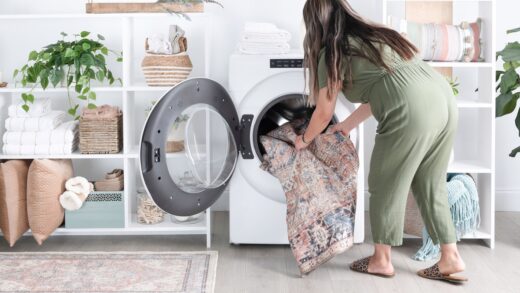Answering Your SMSF Questions Regarding Property Investment
One of the largest growing sectors in the Australian superannuation industry are the Self Managed Super Funds (SMSFs). The SMSF sector has been on the rise in the past several years and the trend doesn’t seem likely to fade anytime soon. While people have been able to buy properties through self managed super funds usually, what’s very interesting is that now you can borrow money from an SMSF to do so. This means that people can now use their SMSFs to invest in properties they haven’t been able to afford before.
For a lot of people, buying property in SMSF is the single reason to invest in an SMSF, but it’s also an option for people who want to have better control over their fund. Buying property in SMSF is particularly beneficial for small business owners as this allows them to use the purchased property as a business premises.
However, buying a property and working on it doesn’t come rent-free or at a discount, as rent still must be paid to the self managed super fund at market value. Another big no-no is using the property as a holiday home “on the quiet”. Penalties for doing so are high and not really worth the risk.
And there’s no doubt that managing an SMSF takes time, dedication and a great amount of money. However, there are big benefits such as substantial tax benefits and having better control over your superannuation.
If you don’t have the knowledge to do so, there’s no need to worry about it -there are many financial institutions that offer SMSF solutions. These services can help you keep up with the day-to-day paperwork, tax returns, arranging your annual audit and all the compliance needs of your fund.
The benefits of buying property through an SMSF are countless. The fund pays a maximum of 15% tax on rent it receives from the property. If the property is held for longer than a year, the fund receives 1/3 discount on any capital gain it makes after a sale, bringing the capital gains tax liability down to a max of 10%. Once the fund members start their retirement phase – assuming they’ve held on to the property – the fund no longer pays tax on capital gains or rental income when it’s sold.
However, buying property through an SMSF is not for everyone. People who don’t have a sum large enough to allow diversification of the investments are advised against it. Ideally, you’d want to allocate a percentage to other investments like term deposits or shares. Also, borrowing through an SMSF is not the best idea for people with low-income who are going to stretch themselves regarding cash flow.

















